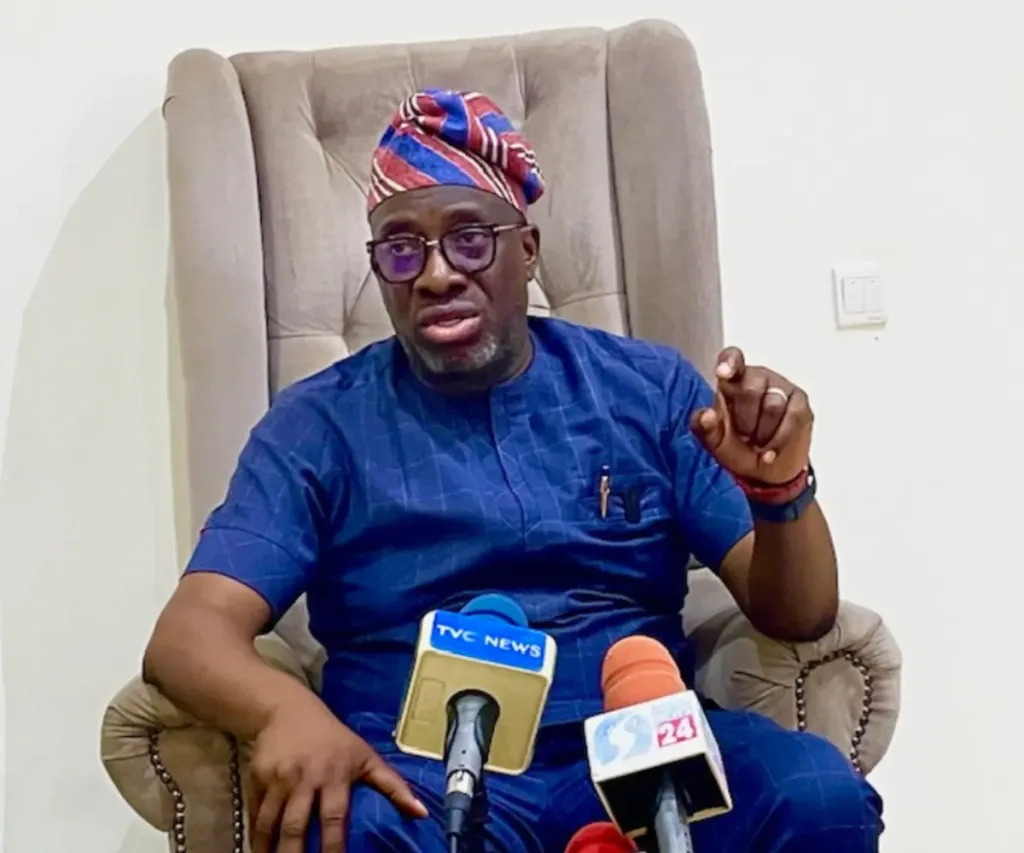Nigerian Politician Advocates for Accountability Through Abuse of Office Probes
In a bid to increase accountability among Nigerian leaders, a former governorship candidate in Ogun State, Segun Showunmi, has proposed that the Economic and Financial Crimes Commission (EFCC) should investigate political office holders for abuse of office rather than fraud. This approach, according to Showunmi, would be more effective in curbing corruption and ensuring that leaders are held responsible for their actions.
Showunmi’s suggestion stems from his observation that Nigerian leaders rarely face the consequences of their actions, often failing to complete their convictions or serve jail time. As a result, the country continues to see the emergence of leaders who prioritize personal gain over public service. By targeting abuse of office, Showunmi believes that the EFCC can send a strong message to would-be offenders, deterring them from engaging in corrupt practices.
The politician emphasized that proving abuse of office is relatively easier than proving fraud, and that meting out commensurate punishment would serve as a visible warning to others. He noted, “If you pack them in dozens like sardines and throw them in prison for ten years, I’m not sure the next set of leaders would not be coming there to do the same.” Showunmi’s comments highlight the need for a culture of accountability in Nigerian politics, where leaders are held to high standards and face consequences for their actions.
Showunmi also lamented the lack of a culture of doing the right thing among Nigerian leaders, attributing this to the absence of consequences for wrongdoing. He argued that the numerous laws and regulatory bodies in the country are a testament to the fact that Nigerians do not inherently do the right thing. By increasing the consequences for abuse of office, Showunmi hopes to create a system where leaders are incentivized to act with integrity and transparency.
The politician drew parallels with China, where leaders who engage in corrupt practices face severe punishment, including the death penalty. He questioned whether a governor or mayor in China could be caught with the same level of corruption as in Nigeria and still expect to go unpunished. Showunmi’s comments underscore the need for a fundamental shift in the way Nigerian leaders are held accountable, one that prioritizes consequences for abuse of office and promotes a culture of integrity in public service.
Ultimately, Showunmi’s proposal aims to create a system where Nigerian leaders are held to high standards and face consequences for their actions. By targeting abuse of office and increasing punishment for wrongdoing, the country can take a significant step towards promoting accountability and transparency in governance. As Showunmi aptly put it, “You can’t be sitting in government office, be living large and acting as if the only right you have to money is that you are in government.”
